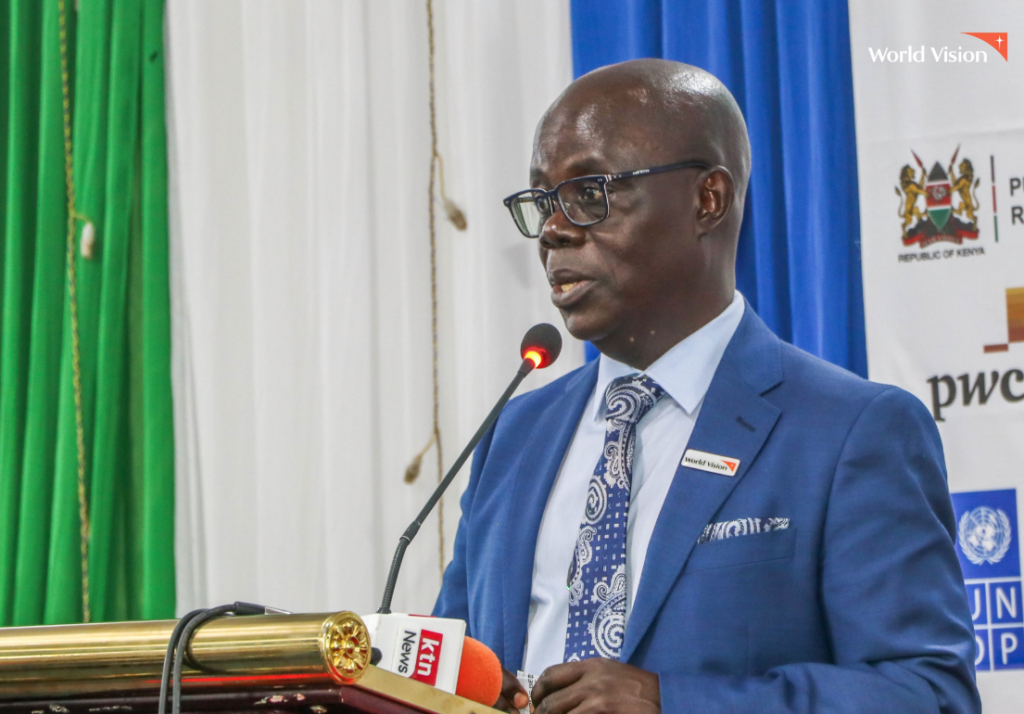As Kenya joined the rest of the world in marking World Food Day 2025, World Vision Kenya has urged the government and partners to expand and strengthen school meal programmes to help combat rising hunger and malnutrition.
The child-focused humanitarian organisation highlighted the urgency of investing in climate-smart agriculture and nutrition initiatives, noting that ending hunger requires collective national effort.
“As Kenyans, we have the power and responsibility to end hunger. But we can’t do it alone,” said Gilbert Kamanga, National Director of World Vision Kenya. “We must work hand in hand with the government, communities, donors, and families to make sure every Kenyan has enough good food. The choices we make today will shape the future our children inherit.”
According to World Vision Kenya, around 15.5 million people in the country are severely food insecure, with many families struggling to put food on the table. The crisis is especially severe among children — an estimated 800,000 children under five require urgent treatment for malnutrition.
The organisation emphasised that school meal programmes are among the most effective interventions to tackle child hunger and improve school attendance. “We know that school meals are one of the best ways to fight child hunger and help kids stay in school,” the statement read, calling for sustainable investment in programmes that ensure consistent nutrition for learners.
Kenya currently ranks 90th out of 125 countries on the Global Hunger Index, underscoring the magnitude of the challenge. Kamanga further revealed that the economic cost of malnutrition stands at nearly Sh374 billion annually, equivalent to about 7 per cent of the country’s GDP.
“Beyond the human cost, malnutrition is expensive for the country,” Kamanga added. “Every child deserves to grow up healthy and strong, and that can’t happen without good food. Together, we can build lasting solutions for a hunger-free Kenya.”

